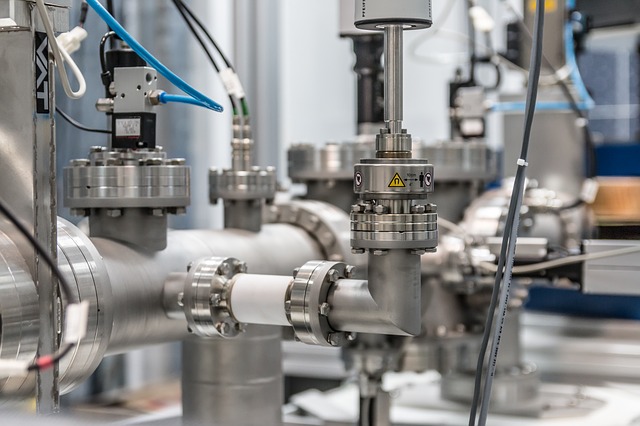The gas heater is a system that provides a lot of thermal comfort, being the ideal option for those who do not give up warm and pleasant baths, especially in the coldest regions of USA or when winter arrives.
Although electric showers are still the most common, gas heater showers are becoming an increasingly frequent request in projects because of this advantage.
There are several benefits to using a gas heater, but also several care required in installation and maintenance to keep residents safe with this system.
Want to know how it works? Check out this content and understand all about the gas heater, types of gas and more!
Have more comfort in your work with the residential line of heaters available!
Why use the gas heater?
The gas heater provides more uniform heating of the bath water, higher temperatures and boosts the water pressure. Therefore, those who have a gas heater usually praise the quality of the baths, especially on the coldest days.
While there are excellent quality electric showers, gas heater ones are considered a higher level, moving up to the shower category.
Another advantage of using the electric heater is energy savings. In houses with electric showers, the device is responsible for much of the residence’s electricity bill.
Installing a gas heater is priced higher than an electric shower, but, at the tip of the pencil, the cubic meter of gas ends up being much cheaper than electricity.
So it is a long term investment.
The gas heater is also advantageous for its practicality. The devices are generally light and do not take up much space in the construction.
They can be installed discreetly in the service area, without any inconvenience. Tips to build Dream Kitchen
If installed correctly and with the right maintenance, they are totally safe appliances and do not present the risk of shocks or short circuits from electric showers.
The most modern models feature automatic ignition, safety thermostat and flame sensor, which stop the gas at the slightest sign of leakage.
How does the gas heater work?
Many compare, in a way, the operation of a gas heater to that of a stove. This is a good comparison, but there are some differences.
The gas heater has a burner system that is surrounded by a coil. Through this coil, the water circulates to be heated.
This burner is like a stove burner, only more powerful, as it heats the water as it circulates through the coil. It is a rapid heating system, called by some an instantaneous gas heater.
Inside the gas heater, there is a component called a flow switch. It is responsible for detecting the flow of water in the coils to activate the heater command and release the gas to light the fire.
When opening a hot water tap, the flow coming from the water tank enters one side of the heater and the flow switch activates the flame.
In addition to triggering the spark of the gas heater, the flow switch is responsible for keeping the gas open during the period of use of the heater. For Water Heater Repair
During this activation, water flows through the coil and is heated to exit to outlet points such as showers and faucets.
What types of gas heaters are there?
Gas heaters are divided into two types: accumulation and passage. They are distinguished by the water heating system. In pass-through, the heater does not need a reservoir, unlike the storage gas heater.
In this pass-through system, the water is gradually heated as it passes through the appliance. In these cases, the water is heated as it passes through the coil system around a combustion chamber.
In the gas storage heater there is a boiler with thermal coating. The heating of the water is done through a serpentine system, but with the reservoir as an accumulation where the hot water is stored. However, this system is no longer used in USA.
Understanding this difference is important for choosing the right type of heater for a correct installation.
What type of gas is used?
In a gas heater system, two types of gas are used: liquefied petroleum gas (LPG) and natural gas (NG).
LPG is the most used type of gas in USA and, as the name implies, it is derived from petroleum.
It is a type of gaseous mixture transformed into liquid and stored in cylinders, that is, the famous cylinder gas.
Natural gas, on the other hand, is obtained through deposits or from the burning of biomass and the form of distribution takes place through a piped network, also known as a gas pipeline.
Natural gas has a relative density of less than 1, which means that it is a lighter gas than air, so in the event of a leak, the gas does not accumulate in lower regions.
That means what? That in cases of leakage, this type of gas requires even more superior ventilation to dissipate the gas.
LPG has a density greater than 1, so it is heavier than air. Therefore, in leaks, it can accumulate in the lower regions of indoor environments.
It is important to know that each type of heater has an equivalent gas, as there are no heaters on the market that work with both types of gas simultaneously.
When buying the heater, be aware of the type of gas in your home, as this information is decisive for the correct purchase.
The wrong type of gas can cause heater problems and be an aggravating factor for accidents.

